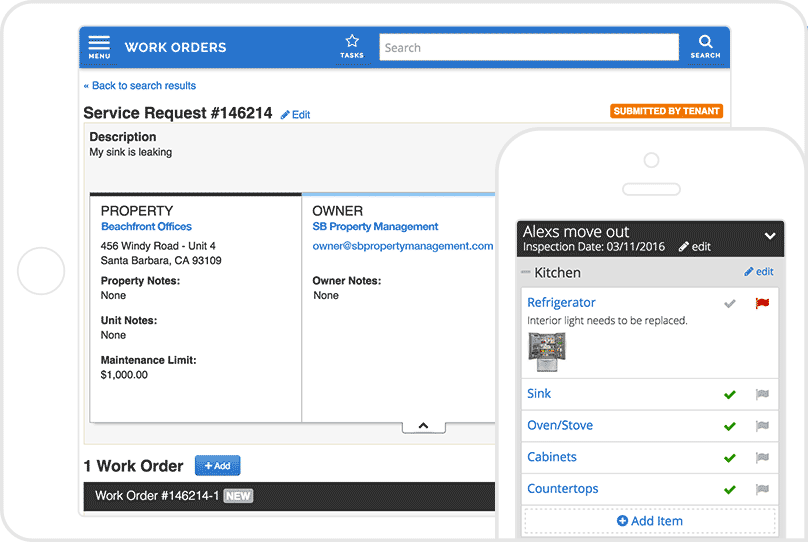Commercial Property Management Software For Mac
Property Management Software designed for landlords and property managers that is both powerful & easy to use. Instant free 30 day trial. I was a longtime windows miss-user, I got my first Mac and have many rental properties to manage. I bought software to run my management software on virtual.
Oliver Rist The Best Real Estate CRM Software for 2019 From condo associations to commercial property management companies, we review 10 customer relationship management (CRM) platforms that can help real estate operations. Real Estate CRM Can Help Streamline Operations Whether residential or commercial, real estate businesses need to be highly customer focused just to survive. From knowing your customer's financial resources to understanding their long-term needs, it's all critical deal-making information, and it's precisely where (CRM) software can help.
Some CRM packages are especially designed and dedicated to real estate. This will likely satisfy many real estate scenarios.  However, committing to a dedicated solution means accepting that software maker's interpretation of how your real estate business operates. But the customization and integration features offered by general-purpose CRM packages often let customers create solutions more closely aligned with how their business operates. In other words, you don't need to alter your business processes to fit a software designer's preconceptions. Instead, customize a tried-and-true CRM platform, which can give you more control.
However, committing to a dedicated solution means accepting that software maker's interpretation of how your real estate business operates. But the customization and integration features offered by general-purpose CRM packages often let customers create solutions more closely aligned with how their business operates. In other words, you don't need to alter your business processes to fit a software designer's preconceptions. Instead, customize a tried-and-true CRM platform, which can give you more control.

Something to remember with any real estate operation is that it must adhere to many legal and regulatory requirements. These are often local ones, which means they're enforced at the federal, state, and even municipal levels. At the same time, the regulations are also different enough that they have significant impact on how real estate businesses can operate in different locales. The list of requirements for real estate operations is long and significantly impacts how those entities can do business. Requirements include different housing laws, reporting and credit requirements, eviction processes, zoning laws, and even lease language. This makes it difficult to build a dedicated and all-encompassing real estate software tool.
Again, instead of using such a tool, the general CRM platforms featured in the table above can be extremely powerful in a real estate scenario. You just need to make sure you use their customization and integration capabilities to the fullest. These can often give you a better result that more closely aligns with how your real estate operation does business, and can also more readily adapt should your business' requirements change in the future. What Is Real Estate CRM Software? Even among purpose-built real estate CRM tools, there's no single feature set that will satisfy every operation. What the CRM software needs to accomplish depends entirely on what kind of real estate operation you're running. Residential or commercial?
Sales, rental, condo, or development? Low-income or luxury? How you answer these basic questions has a heavy impact on how the business will interact with its customers. To drill down to an effective set of features, start at the beginning: your sales process. Any real estate operation will be involved in selling; the only thing that differs is the conversation. Your real estate CRM needs to help manage this process and that starts with lead management. No matter where your organization is getting its leads—purchased, web advertising, purchased, telemarketing, or even simple referral, to name just a few—the system needs to be able to absorb that lead information and then either dole it out to sales staffers automatically or let sales managers tweak and disseminate leads as they see fit.
